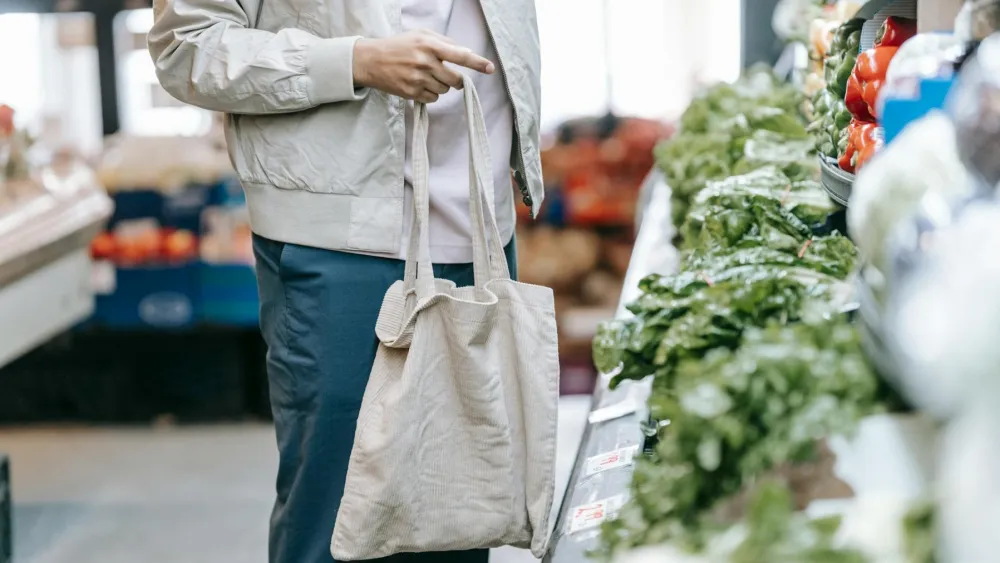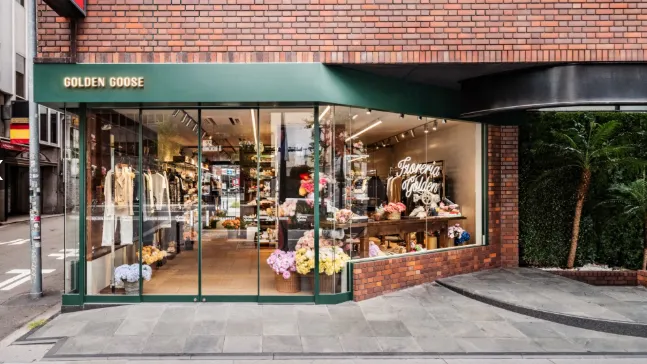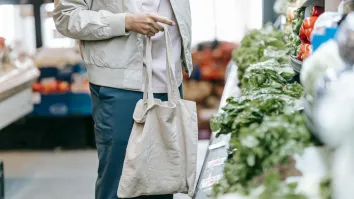
Alibaba splits into 6 business units
Except for Taobao Tmall, the other business can raise outside capital and pursue IPO.
Alibaba Group has reorganised and broken up into six business groups, the most significant governance overhaul in the company’s 24-year history.
In a statement, Alibaba said the split business clusters will be: Cloud Intelligence Group, Taobao Tmall Commerce Group, Local Services Groups, Cainiao Smart Logistics, Global Digital Commerce Group, and Digital Media and Entertainment Group.
The move will “provide markets with better visibility into the value of Alibaba’s various businesses and unlock shareholder value,” Alibaba said.
READ MORE: Alibaba group net income soars over 130% in December quarter
“The market is the best litmus test, and each business group and company can pursue independent fundraising and IPOs when they are ready,” said Alibaba Group Chairman and CEO Zhang in an email to Alibaba employees.
Following a holding company management model, Zhang will remain as chairman and CEO of the group, whilst each business group will be managed by its own CEO and board of directors.
Zhang will lead the Cloud Intelligence Group, Taobao Tmall will be headed by Alibaba veteran Trudy Dai, Local Services will be led by Yu Yongfu, and Wan Lin will continue as CEO of Cainiao.
Jiang Fan will serve as the CEO of Global Digital Commerce, and Dan Luyuan will head the Digital Media and Entertainment Group.
Aside from Taobao Tmall which will remain Alibaba’s wholly-owned unit, each business group “will retain the flexibility to raise outside capital and seek an initial public offering.



















 Advertise
Advertise







